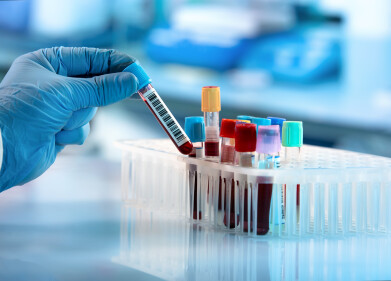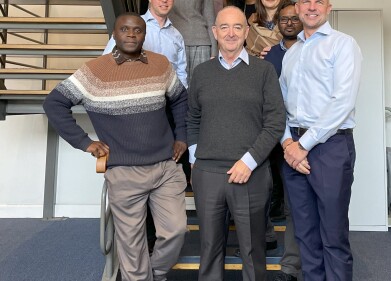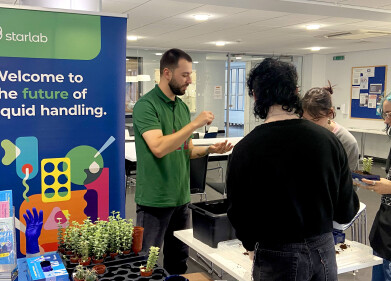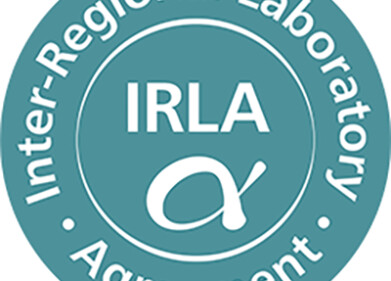-
 Software aims to improve reproducibility
Software aims to improve reproducibility
Company News
Investors back capture and share software
Aug 07 2024
With biological experiments becoming increasingly complex, details that are critical to our shared understanding are often undocumented and lost, with lab scientists struggling to reproduce and build on top of each other's experiments and data scientists without the necessary context to analyse data produced in their labs.
Having secured a $1.2m pre-seed funding round, led by Compound VC, with participation from NP Hard, Tiny VC and other angel investors across the industry sector, techbio startup Briefly Bio has launched with software aiming to tackle these problems through creating a shared language for experiments that is consistent across scientists; clear for collaborators to understand; and uses AI to convert existing experiment descriptions into a consistent format, automatically filling in gaps and spotting errors. This helps capture the value of every experiment that is run and enables scientists to learn from each other’s work.
Briefly co-founders Dr Katya Putintseva, Harry Rickerby and Staffan Piledahl, who have varied backgrounds in academia, tech, biotech and robotics, had all previously worked together at drug discovery startup LabGenius, where they helped build its ML-driven antibody discovery platform.
Company CEO and co-founder Harry Rickerby commented: “Scientific methods are a bit like software code, they are a set of instructions that define how an experiment should be run. The majority of this ‘code’ is incomplete, since writing up each experiment completely takes a huge amount of effort. Now, with Large Language Model (LLMs), there’s a way to make these methods consistent without imposing on a scientists’ workflow. As Github helped software engineers collaborate and build on each other’s code, we think Briefly can help scientists and engineers do the same with their experiments.”
Rob Harkness, CTO of Biosero, added: “We're very excited by what Briefly Bio can offer with their software tools. Inconsistent and incomplete data can compromise research, making it difficult to reproduce experiments and undermining trust in scientific results. Digitalising and automating laboratory operations can address this, but this effort faces challenges of inefficiency and high error rates, primarily due to the diverse formats in which workflows are presented. Briefly addresses this by converting scientific protocols written in natural language into a common and consistent structured format. This facilitates much faster design and implementation of automated systems, ensuring all critical information is captured and utilised effectively. The result is a significant boost in workflow integration, efficiency and data quality, all of which are crucial for generating reliable experimental results.”
More information online
Digital Edition
Lab Asia 31.6 Dec 2024
December 2024
Chromatography Articles - Sustainable chromatography: Embracing software for greener methods Mass Spectrometry & Spectroscopy Articles - Solving industry challenges for phosphorus containi...
View all digital editions
Events
Jan 22 2025 Tokyo, Japan
Jan 22 2025 Birmingham, UK
Jan 25 2025 San Diego, CA, USA
Jan 27 2025 Dubai, UAE
Jan 29 2025 Tokyo, Japan


















